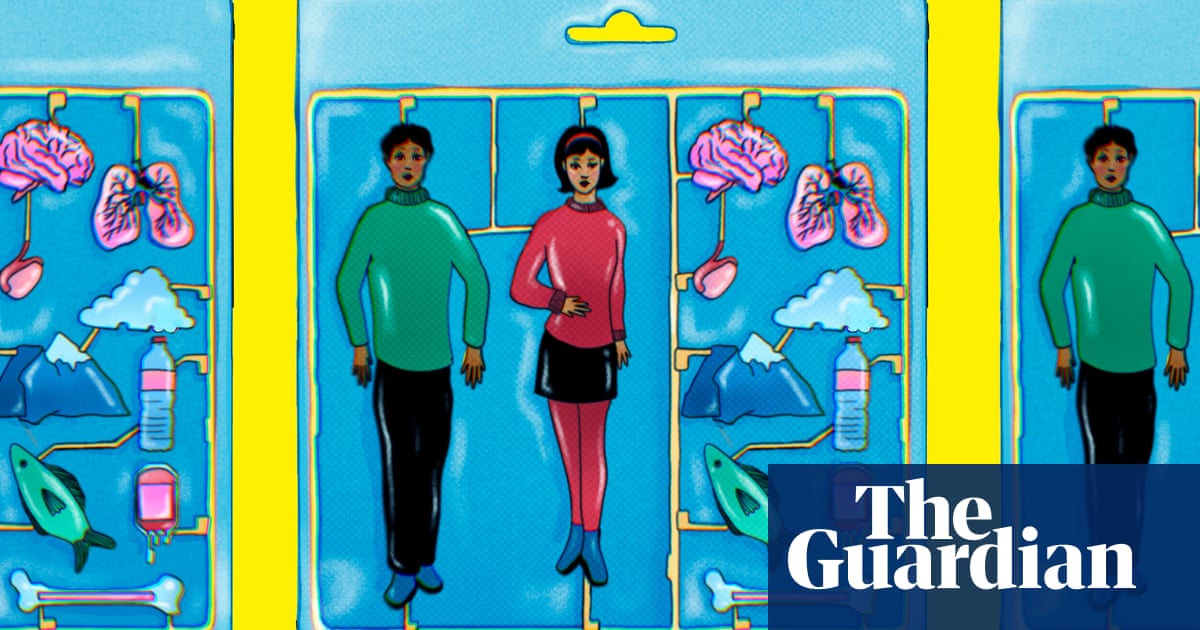
"Microplastics are tiny particles under 5mm in size, originating from both intentional use in products and the degradation of larger plastic items."
"The health risks of microplastics in humans remain largely unknown, though their presence in organs has raised concerns about potential health impacts."
"Animal studies have found links between microplastics and serious health issues, including fertility problems, cancer, and impaired cognitive function."
"Despite limited human data, experts suggest that reducing general exposure to microplastics may be beneficial for health."
Microplastics are tiny plastic particles, often defined as being less than 5mm in size. They originate either from products designed with microbeads or from the degradation of larger plastics, like bottles and packaging. While their health implications in humans are unclear, microplastics have been detected in bodily organs, raising alarm among researchers. Studies indicate potential links to conditions like oxidative stress and cardiovascular issues, along with reproductive and cognitive problems in animals. Experts recommend minimizing exposure, despite the absence of extensive human data connecting microplastics to these health concerns.
Read at www.theguardian.com
Unable to calculate read time
Collection
[
|
...
]